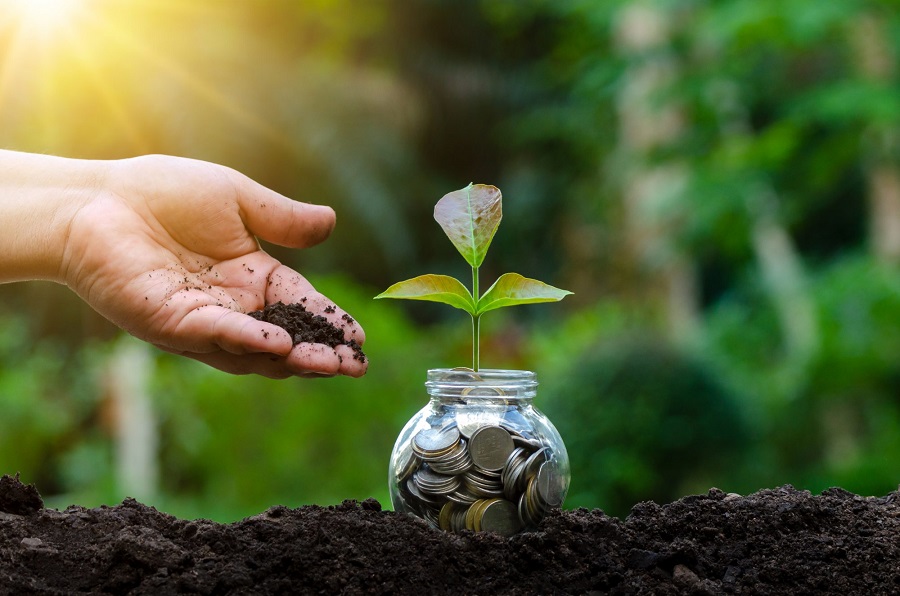RIO DE JANEIRO, BRAZIL – Environment Minister Joaquim Leite yesterday, October 27, said in an interview that he will seek international consensus on climate issues with all the major economic blocs.
According to the Minister, the solution for climate issues that ravage the world is the complete transition to what he called the green economy – which should be negotiated between all countries and which will have Brazil as an exponent until 2050, the year in which the country should achieve zero emissions of greenhouse gases, according to the Ministry’s planning.

“Brazil will seek consensus in relevant issues, such as climate finance. This problem must be recognized. Once the solution is found, there will be nothing better than green growth, so that we can make the transition to a green economy – neutral in emissions by 2050, Brazil’s goal,” Joaquim Leite said.
“Our country will surely reach the green economy before the others. We are under international criticism, but this is not true. Brazil takes care of its forests, in particular its natural resources. We have the largest biodiversity, one of the largest ocean areas in the world, and native forests. These are competitive advantages in the global market,” he added.
According to the Minister, Brazil will present entrepreneurial and sustainable initiatives, in addition to several real cases of environmental solutions at COP26. These examples form the “real Brazil,” Leite said.
At the Brazilian stand, solutions in the fields of industry, energy, rural production, agriculture and tourism will be presented. “We will use COP26 to show everyone that Brazil takes care of its forests and that, yes, it is a low greenhouse gas emission economy and that it has an energy matrix that is everyone’s dream.”
CARBON CREDIT
For the federal government, Brazil has great potential for exporting carbon credits. According to the Environment Minister, the country is already significantly active in large markets that generate carbon credits, such as ethanol and cellulose, in addition to grain production.
“Brazil will be a carbon credit exporter for a world that is still unable to reduce emissions. Carbon credits are used when it is economically unfeasible or physically impossible to reduce emissions. Our native forests and forest restoration can generate carbon credits. All these crediting methodologies can be used,” he explained.
GREEN GROWTH PROGRAM
According to Joaquim Leite, the program to be presented at COP26 – called Green Growth – is an inter-ministerial initiative that will involve 10 portfolios. The goal is that participating agencies use the sustainable growth agenda in all actions taken by the federal government.
In practice, the green agenda will become one of the pillars in the execution of ministerial projects and will serve as a regulatory standard in the structuring of public policies, according to Joaquim Leite.
The Minister also said that Brazilian government banks have approximately US$50 billion available to finance sustainable projects, an amount that can fund the transition to the so-called green economy. “The private sector is in full agreement with this transition,” he added.
“We need to transform Brazil institutionally. Prioritize green projects. If we create a new economy, we will solve the world’s emissions problem by doing our part,” Joaquim Leite said.

